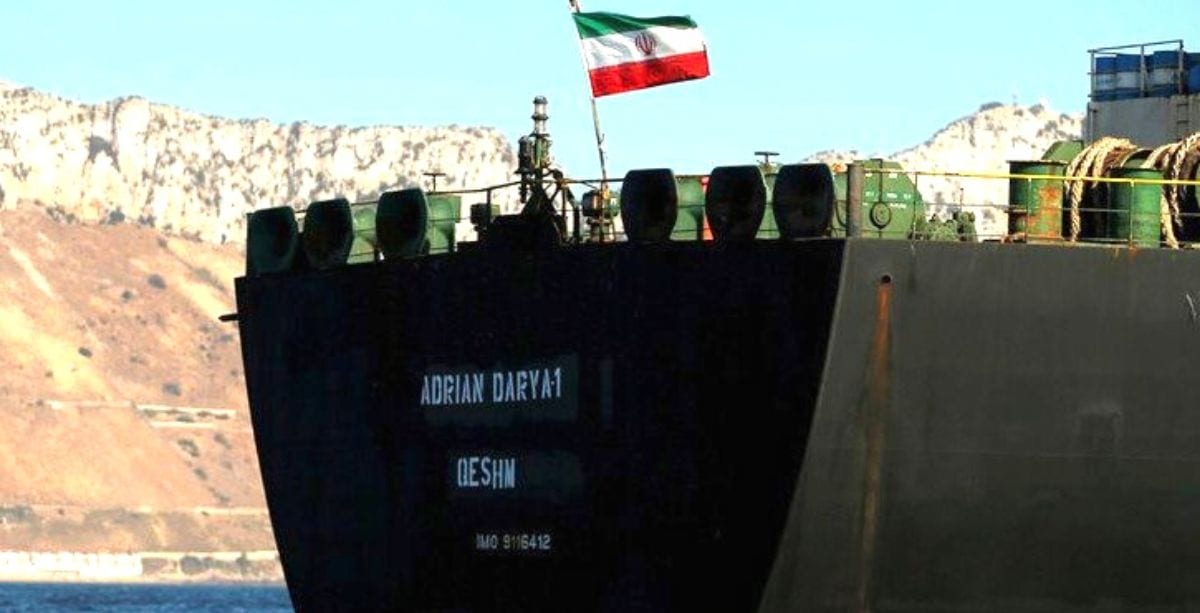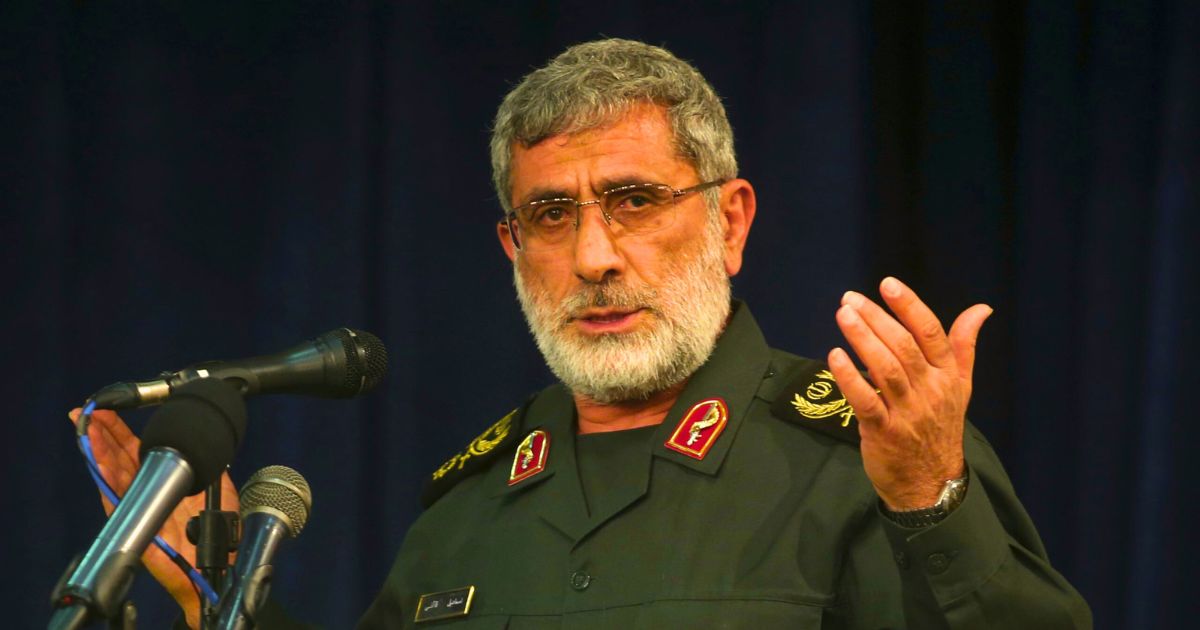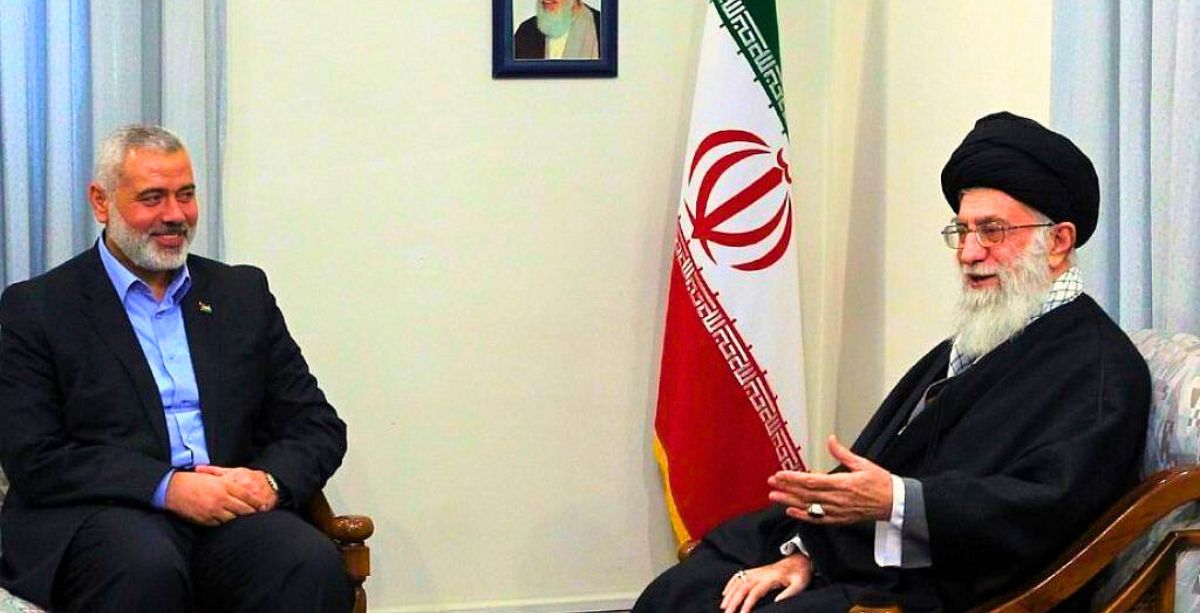As Iranian cargo ships carrying aid and supplies prepare to set sail to Lebanon, the latter is weighing its options amid a looming threat of additional U.S. sanctions.
According to Al-Binaa, “Iranian ships are preparing to head to Lebanon with food, fuel, and other items.”
The ships are expected to arrive in Lebanon within two weeks and come in “the framework of Iranian support to Lebanon to break the blockade imposed by the Americans.”
Meanwhile, the implications of “embracing the East” continue to cause disagreement on political as well as popular levels, particularly regarding the West’s expected reaction to such an initiative.
Developing economic relations with Iran, which has been brought down by round after round of debilitating sanctions over its nuclear program, may drive Lebanon towards a similar fate of Iran.
The reported Iranian offer of trading goods with Lebanon using the Lebanese pound is indeed unusual and intriguing, considering it is not used internationally for trade.
Instead of having to dig up more of the now-rare asset that is the U.S. dollar, the abundant national currency may actually prove useful for something at a time when its value plummets against its foreign counterpart.
However, the offer, as good as it may seem, may very well prove to be counterproductive.
In addition to the obvious sanctions problem, the Lebanese pound naturally loses its value outside of the Lebanese market.
Therefore, Iran’s offer can only mean that the desired trade with Lebanon will rely mainly on the concept of bartering.
Simply put, Iran will provide Lebanon with food, medicine, and fuel in exchange for the export of commodities to Iran.
But the problem with this strategy is that Lebanon is not even a producer of Iran’s imported needs. With that in mind, a trade network with Iran may not be a sound investment for any side.
That is not to mention that such a deal will put Lebanese banks at risk of being swiftly “crossed off” as a result of U.S. sanctions, just like what recently happened to Jammal Trust Bank.
Additionally, there’s the fact that the U.S. contributes by nearly 16% to the International Monetary Fund, which Lebanon desperately needs to patch up.
So, it is only natural to expect the U.S. to veto the IMF’s financial support for Lebanon in case the latter provokes it by deepening its ties with Iran.
With all that in mind, will Lebanon allow the Iranian ships to dock in its ports a couple of weeks from now?

















